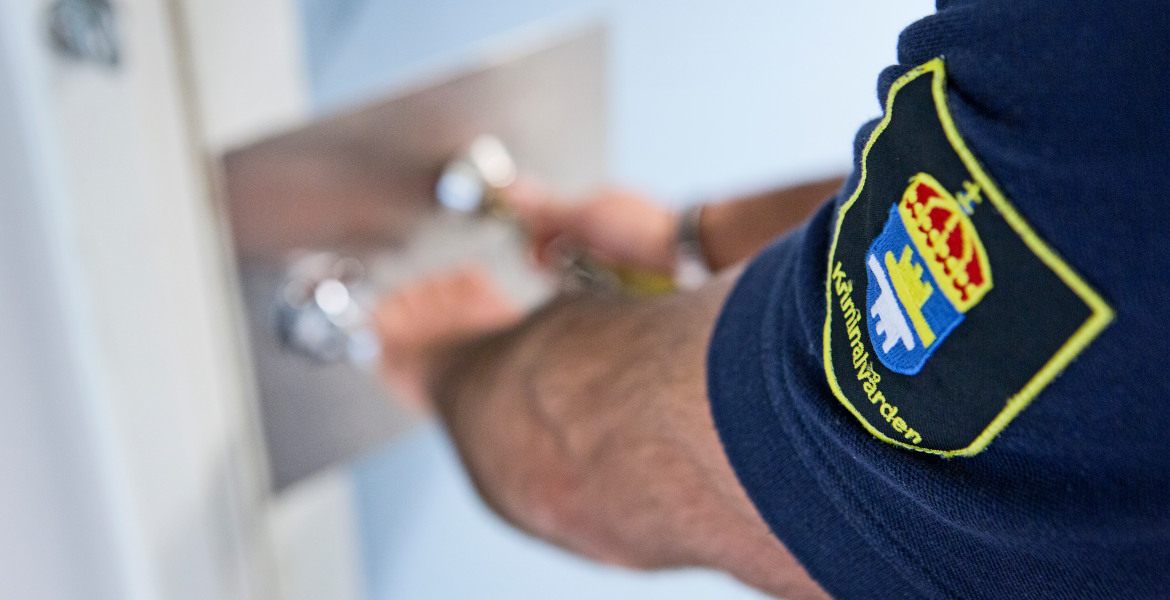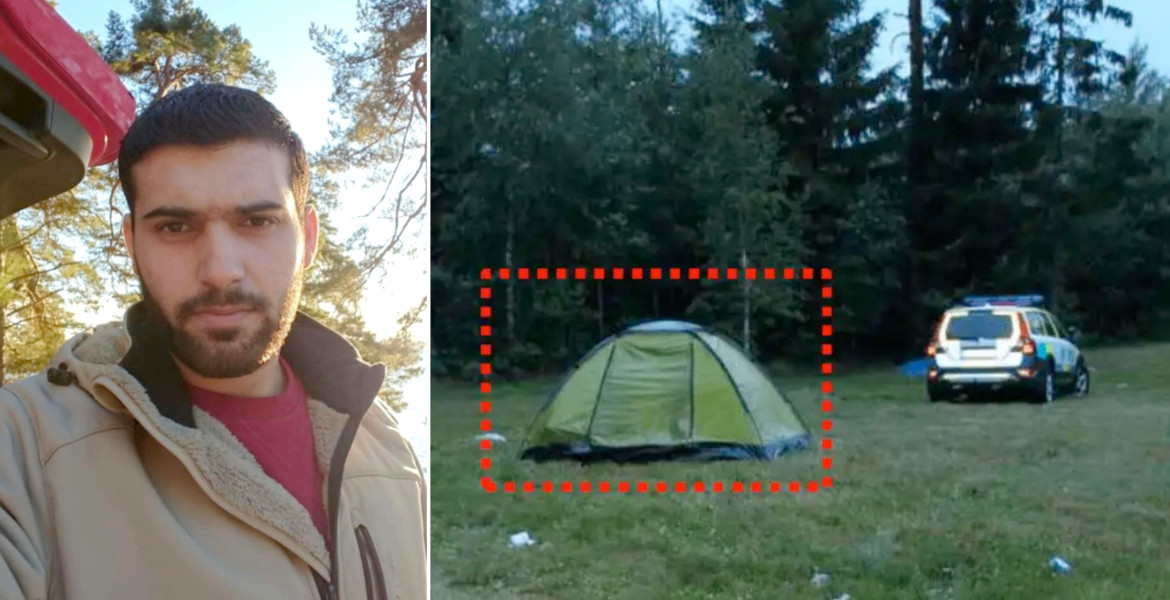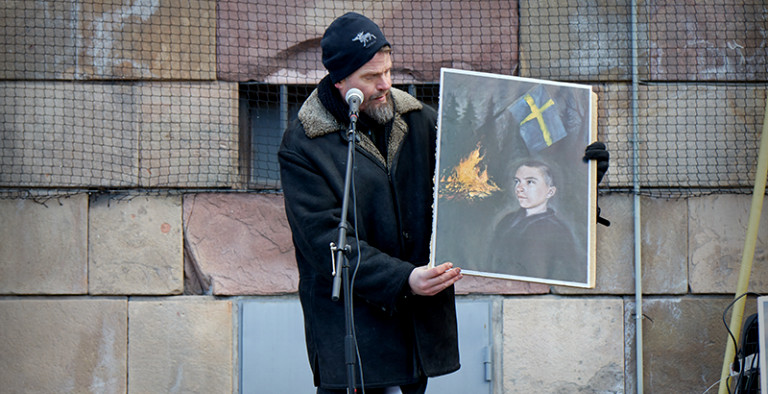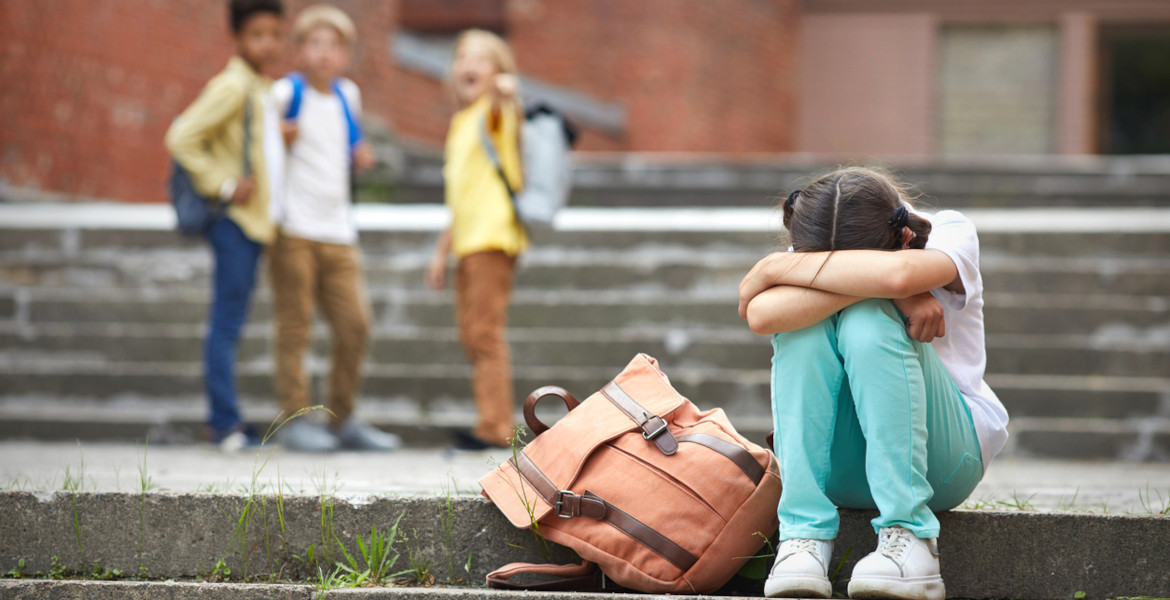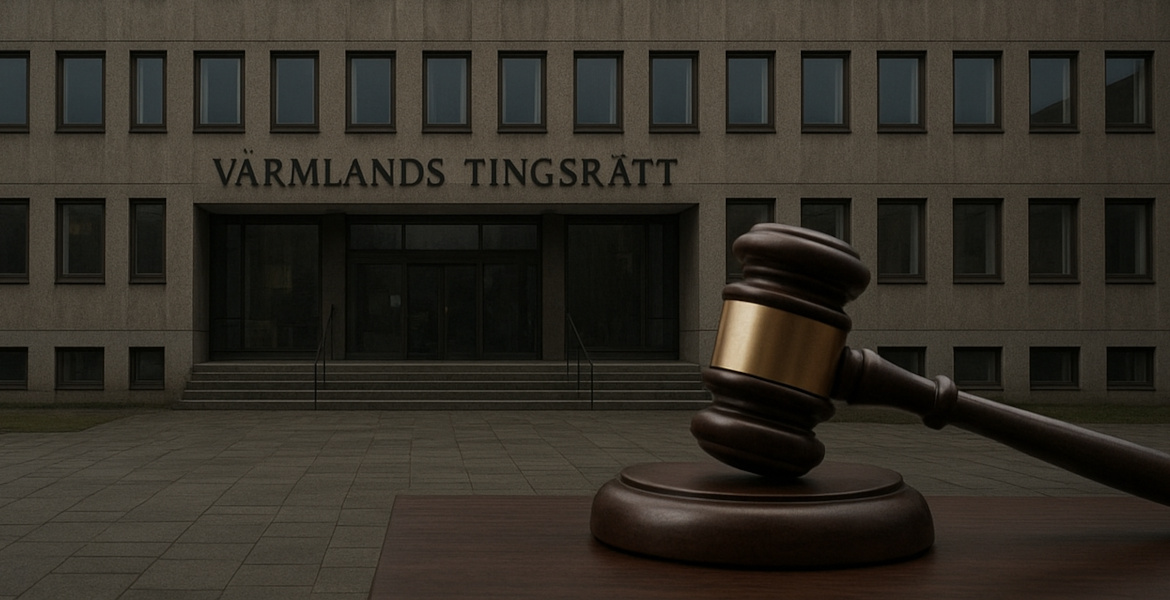The Swedish government's proposal to lower the age of criminal responsibility to 13 is facing strong criticism. In its consultation response, the Swedish Prison and Probation Service (Kriminalvården) states that it is not equipped to receive such young children in prison and that they should be cared for in other ways.
By July 1 next year, the Swedish Prison and Probation Service is expected to have built prison units for children where both 15–17-year-olds and 13–14-year-olds convicted of serious crimes will serve sentences. At the same time, places at the special youth homes (SiS homes, state-run institutions for youth care) will be phased out.
In the consultation response, the Prison and Probation Service writes that imprisonment at a young age can lead to negative consequences, and that children "as young as 13 should be cared for in other ways".
— These concerns become more significant the younger the children in question are, says Elisabeth Lager, acting legal director, to TT.
The Prison and Probation Service is clear that the organization does not have the required resources. It lacks both the expertise and suitable facilities to handle children as young as 13 within prisons, detention centers, or community-based sanctions such as probation. Practical issues such as education must also be addressed. At the same time, it is noted that the level of the age of criminal responsibility is ultimately a political matter.
Swedish Justice Minister Gunnar Strömmer writes that the government will "carefully analyze all consultation responses". He emphasizes that society must "care for children in a completely different way than today" in cases of the most serious crimes, both to protect victims and society, but also the children themselves.
